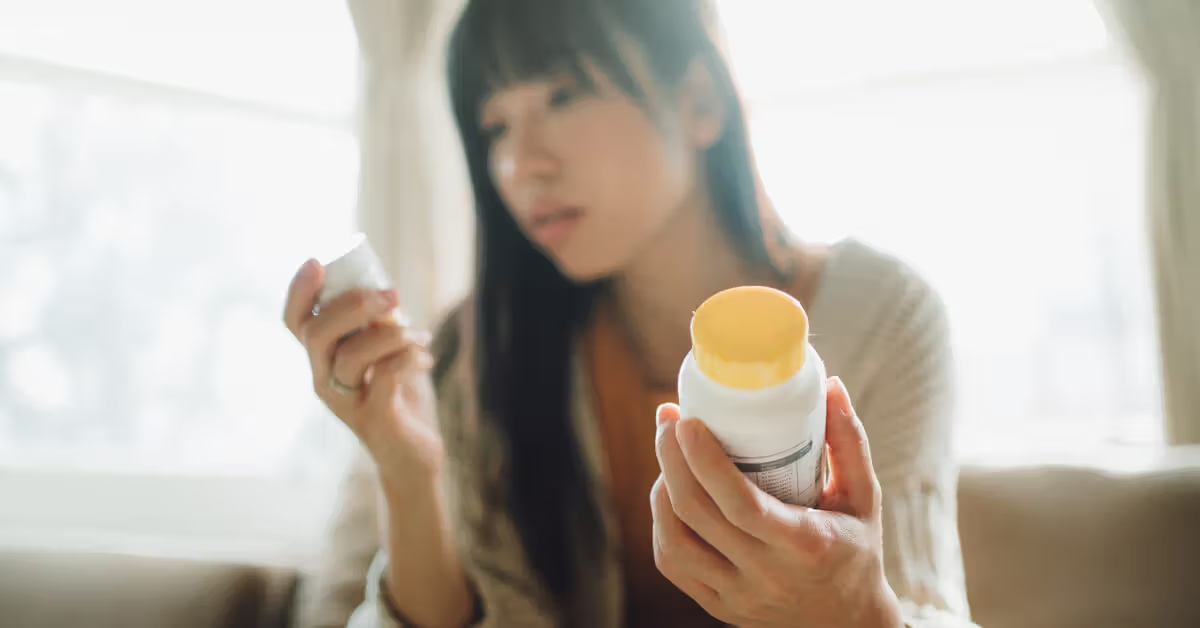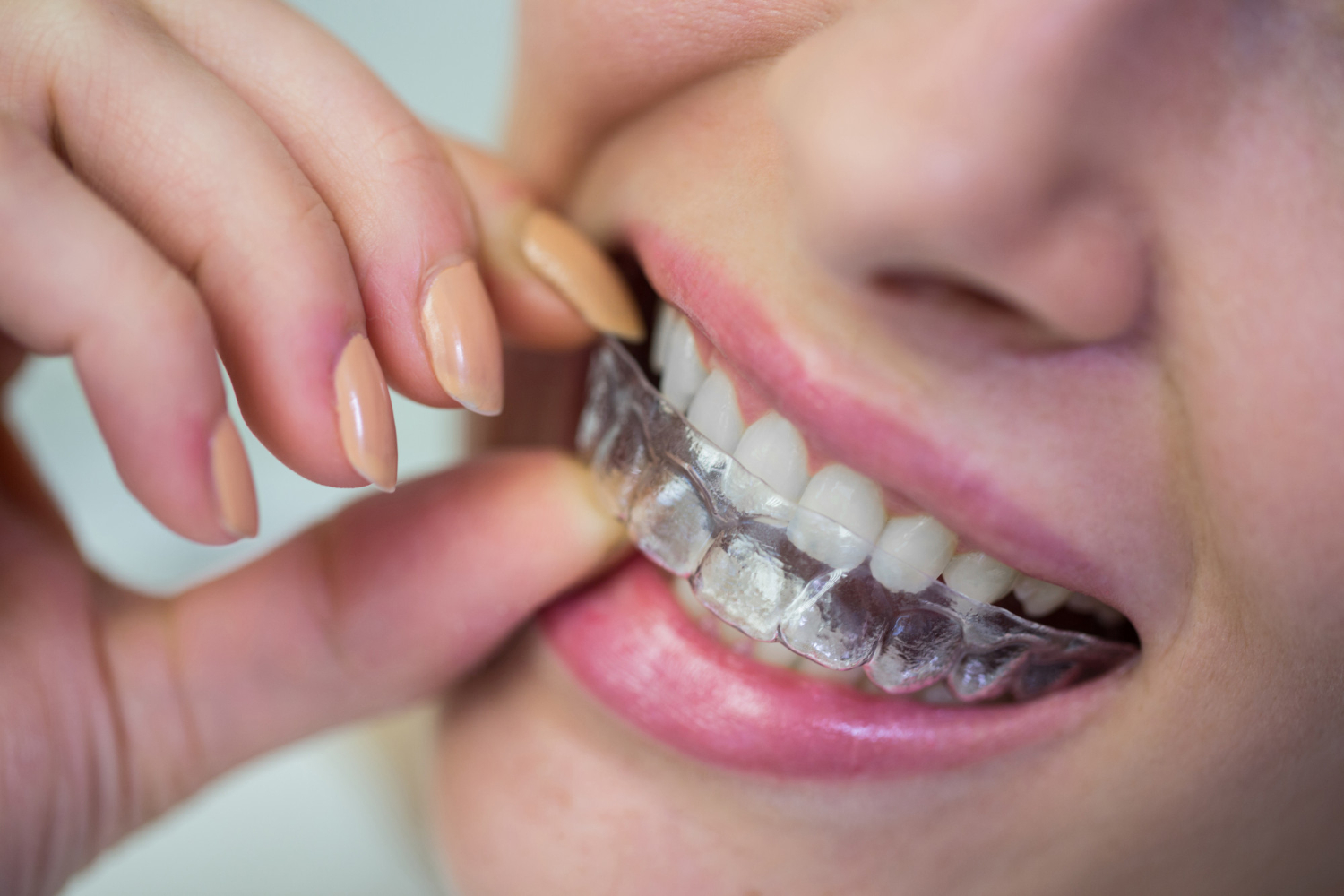In recent years, boric acid has gained popularity in feminine health circles, touted for its potential benefits beyond its traditional uses.
However, one topic that often surfaces in discussions, forums, and social media is whether boric acid can make you tighter. This blog aims to demystify this notion while providing a comprehensive understanding of boric acid’s actual role in vaginal health.
Boric acid has become a hot topic in feminine health. From cleaning products to natural remedies, it seems to do it all. Yet, many are curious about its effects on vaginal tightness, leading to various misconceptions. In this post, we’ll explore the science behind boric acid and its true benefits, particularly in women’s health.
Table of Contents
ToggleWhat is Boric Acid?
Boric acid, composed of boron, oxygen, and hydrogen, is a naturally occurring compound found in many fruits and everyday products. Its chemical properties make it effective in combating bacteria, fungi, and viruses, which is why it has been used in both cleaning agents and medical treatments.
Composition and Common Uses
The composition of boric acid allows it to act as an antimicrobial agent. Beyond household cleaning products, it has found its niche in the medical world, treating everything from skin conditions to infections. Its versatility makes it an interesting subject in many health-related discussions.
Boric Acid in Natural Remedies
Historically, boric acid has been a go-to remedy for skin and vaginal health. Its ability to combat infections while maintaining the pH balance makes it a popular choice for those seeking natural health solutions.
Does Boric Acid Make You Tighter?
Let’s address the burning question head-on: does boric acid make you tighter? Scientifically speaking, there is no evidence to support this claim. While some might perceive a sensation of tightness, this is not a direct result of boric acid’s properties.
Perceptions and Misconceptions
The perceived tightness might stem from the relief of symptoms like swelling or irritation, giving the impression of a “tighter” feeling. However, this is more about symptom management than actual physical changes.
Expert Opinions
Healthcare professionals emphasize that boric acid’s primary function is to restore vaginal health by balancing pH and addressing infections, not altering tightness. It’s crucial to rely on clinical evidence and expert advice when considering such claims.
Benefits of Boric Acid for Vaginal Health
Despite the myths, boric acid offers several real benefits in maintaining and restoring vaginal health.
Antibacterial and Antifungal Properties
The antibacterial and antifungal qualities of boric acid make it effective against common vaginal infections, such as yeast infections and bacterial vaginosis. By curbing the growth of harmful microorganisms, it helps maintain a healthy balance.
Restoring pH Balance
Boric acid plays a vital role in restoring a healthy vaginal pH, creating an environment where good bacteria thrive and infections are less likely to occur. This balance is crucial for overall vaginal health.
Treating Common Infections
Boric acid has proven effectiveness in treating persistent infections. Its ability to alleviate symptoms quickly makes it a reliable alternative or complement to traditional treatments.
How to Use Boric Acid Safely
Understanding how to use boric acid safely is essential for maximizing benefits and minimizing risks.
Step-by-Step Instructions
Using boric acid suppositories involves straightforward steps:
- Preparation: Wash your hands and ensure the suppository is at room temperature.
- Insertion: Insert the suppository into the vagina, preferably before bedtime to minimize leakage.
- Aftercare: Use a panty liner to manage any discharge and avoid tampons.
Precautions and Side Effects
Always consult a healthcare provider before starting treatment, especially during pregnancy. Common side effects include mild irritation, but these typically subside quickly.
Tips for Best Results
Consistency is key. Follow the prescribed regimen and avoid mixing treatments without medical advice.
Myths and Misconceptions
Let’s debunk some of the most common myths about boric acid.
Myth 1: It Makes You Tighter
As discussed, there is no scientific basis for this claim. Vaginal tightness is influenced by muscle tone and elasticity, not topical treatments.
Myth 2: It Improves Taste or Increases Wetness
Boric acid does not alter taste or moisture levels. Its purpose is to treat infections, not to affect sensory experiences.
The Importance of Medical Consultation
Always consult a healthcare provider to address personal concerns and receive guidance tailored to your needs.
Potential Risks and Side Effects
While generally safe, boric acid is not without potential risks.
Possible Side Effects
Some users may experience irritation or allergic reactions. Should any severe symptoms arise, discontinue use and seek medical advice.
Risks of Misuse
Improper use can lead to complications. It’s crucial to adhere to guidelines to prevent adverse effects.
Use During Pregnancy
Boric acid should not be used during pregnancy unless specifically advised by a healthcare provider, as its safety has not been fully established.
Conclusion
Boric acid is a valuable tool for maintaining vaginal health, primarily through its infection-fighting capabilities. However, myths about its effect on tightness remain unfounded.
Always prioritize evidence-based use and consult healthcare professionals for personalized advice. For those interested in exploring boric acid as part of their health routine, reaching out to a healthcare provider is a recommended first step.
FAQs
Does Boric Acid Make You More Wet?
While boric acid might increase discharge, it doesn’t enhance natural lubrication or moisture.
Will Boric Acid Make You Taste Better?
Boric acid does not change taste and should not be used for this purpose.
What to Expect After Inserting Boric Acid?
Users might notice increased discharge and relief from symptoms, which are normal reactions.
Does Boric Acid Make You More Fertile?
There is no evidence suggesting that boric acid increases fertility.









